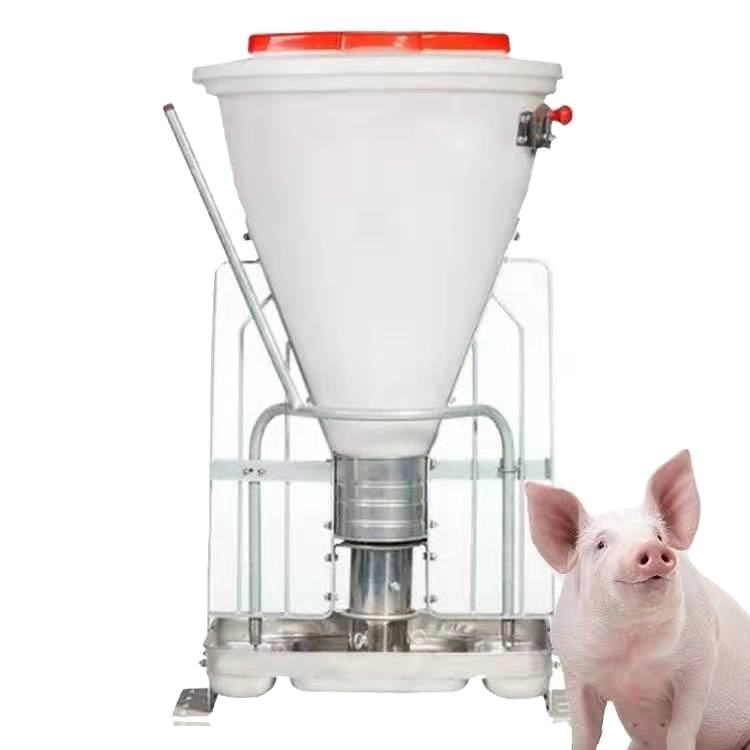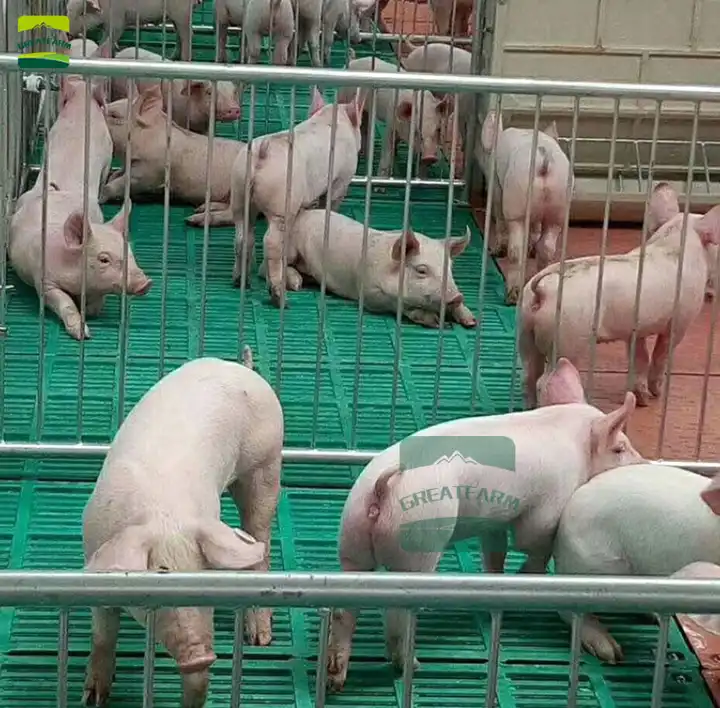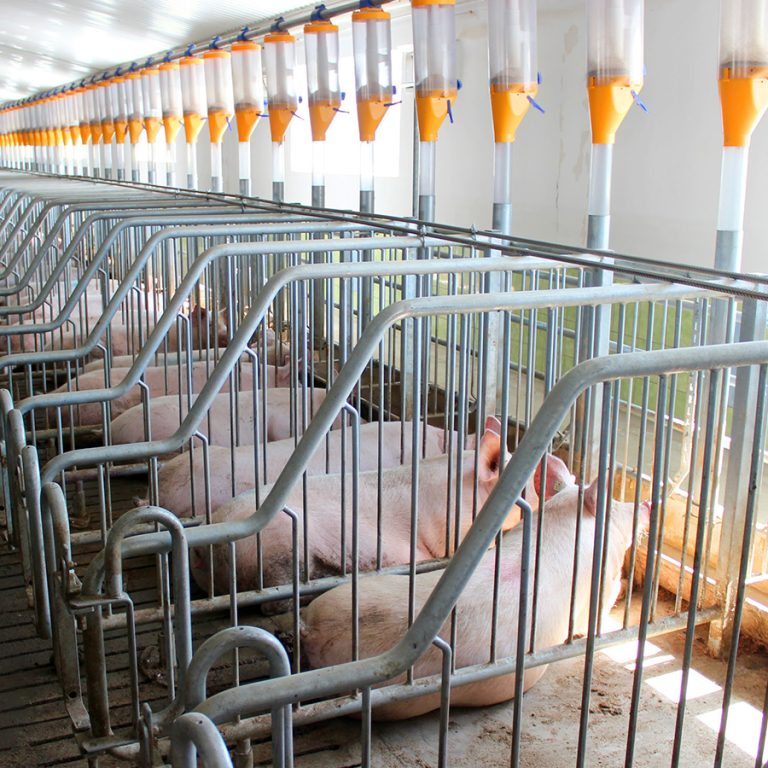Water quality testing: First of all, the water source of the pig farm should be tested regularly to ensure that the water quality meets safety standards. Routine testing items include microbial indicators, heavy metal content, chemicals and harmful substances. If there are problems with the water quality, corresponding measures need to be taken to deal with it.
Drinking equipment maintenance: It is very important to keep the drinking equipment in good condition. Clean and disinfect the drinking equipment regularly to ensure that the water supply pipes are unobstructed to avoid pollution and bacterial growth.
Drinker design: It is very important to choose a drinking fountain suitable for pigs. The drinking fountain should be easy to clean and provide enough drinking water to meet the needs of pigs. In addition, the drinking fountain should prevent pigs from damaging or contaminating it.
Repair leaks in time: Leaks may cause pollution and waste of water sources. Therefore, it is necessary to repair leaks in drinking equipment and water pipes in time.
Regularly monitor water intake: The amount of water a pig drinks is one of the important indicators for assessing its health. Regularly monitoring the amount of water consumed and comparing it with the normal amount of water can detect possible health problems early.
Give high-quality drinking water: Providing clean and fresh drinking water is very important for the health of pigs. High-quality water sources can not only meet the water needs of pigs, but also reduce the risk of disease transmission.
In summary, ensuring the safety and cleanliness of the water source in the pig farm is one of the important measures to maintain the health of the pig herd. Regularly testing water quality, maintaining drinking water equipment, repairing leaks, and monitoring water intake are key steps that can help prevent the spread of diseases and ensure the health of pigs.


